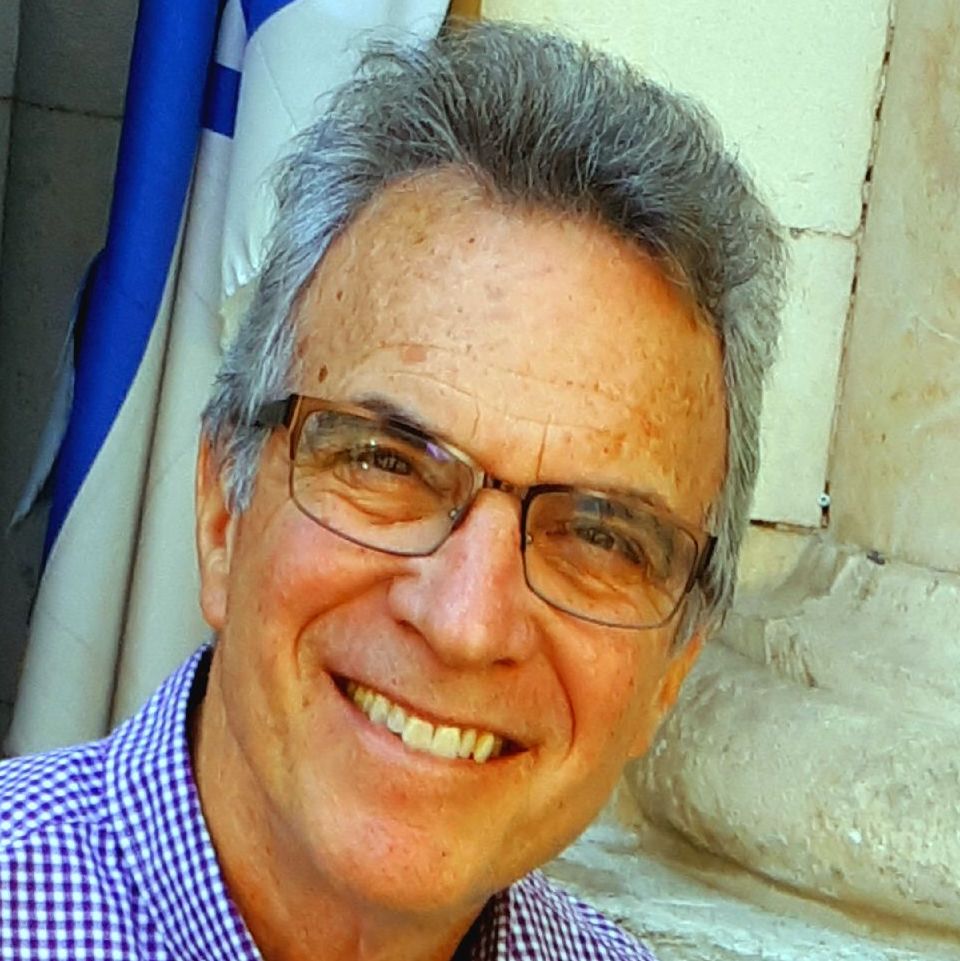Passover and Easter calendar confusion

I am frequently asked about why Easter and Passover are not always like it was in the year that Jesus/Yeshua died, and rose again on the third day. This year the Resurrection Day was celebrated three weeks before YHVH’s/the LORD’s Passover.
Before being a believer, and even for some time afterward, I thought that it was very odd that Christians, some years but not all, were celebrating the Resurrection of the Lord before the Jewish people were celebrating the death of the Passover lambs, or for believers in Jesus, His/the Lamb of God’s death. Now, I believe that it is a calendar oddity issue, and not “crazy”, even though many believers — whether Gentile or Jewish — do not explain it, but react rather emotionally to the issue.
Easter is a Germanic word connected with the season of Spring. It is not a pagan word in itself.
The Passover must always be in Aviv/Spring, and, therefore, so does First Fruits/Resurrection. The First Fruits/Resurrection is always to fall on the “day after the Sabbath” during the Passover/Unleavened Bread week. The counting of the sheaves/omer until Shavuot/Weeks/Pentecost/50 Days begins from the resurrection of the Lord and Messiah — the First fruit from the dead — making Shavuot/Pentecost also always falling on the “day after the Sabbath”; in other words, on Sonday. (Lev 23:1-22)
The Jewish calendar given to Israel is lunar, with the need to synchronize it to the Sun, so that Passover is always in the Spring/Aviv. The Western Christian calendar is solar, with no adjustment. (The Islamic calendar is lunar only, never synced with the sun.) Because of syncing with the Sun, the Jewish calendar can swing back or forward, up to about 3 weeks. This year, the Passover falls three weeks after the Christians celebrated the Resurrection Sunday; the Jewish calendar this year has a second month of Adar, the 12th month, pushing Passover further out of sync with the Sun. In other years, YHVH’s Passover can come earlier than just the three days that Yeshua/Jesus was in the grave and Sheol/Hades. But the First Fruit/Resurrection Day remains, according to the commandment which God gave to Moses to give to Israel, on the “day after the Sabbath” of the Passover/Unleavened Bread week.
The reason that I say that there is Biblical legitimacy in that date this year is because Passover must always be in the Spring/Aviv, in the first month, Nisan — the first month of the Jewish calendar given by YHVH to Israel. The season of Spring begins with the equinox, sometime between March 19-21 each year. Christians — both Gentile and Jewish — are not under the Law of Moses to strictly adhere to things from before the gospel brought in some significant adjustments and corrections so that Jewish and Gentile believers are both brought into something new, in order that we become one new man in Messiah/Christ. Gentiles don’t become Jews; Jews don’t become Gentiles. Neither do we remain exactly as we were before being born-again and a new creation. We must all come outside our camps to Messiah/Christ, who is outside every camp as the innocent-Scapegoat-become-sin to take away our sins. (Heb 13:10-16)
The Western Christian calendar sets the Resurrection date celebration as being on the first Sonday after the first Full Moon after the Spring equinox, marking the beginning of Spring as established by God with the Sun marking the seasons. Therefore, “Easter” (disregarding the paganization of the holy day, just as done in many other holy days by both Jews and Christians) always falls in the Spring, in the first month. As the Apostle Paul admonishes us, do not get hung up on days and months and seasons and years, since God is moving on in a way that brings whomsoever into His kingdom, and not according to Torah, which was specifically given to Israel/Jews until faith in Messiah/Christ comes. We are not forbidden to celebrate the ‘feasts’, but we neither want to Judaize them nor paganize them. We are free! The Holy Spirit fulfills the Word of God, even if Jews or Gentiles do not recognize it.

Howard Bass is the congregation pastor/leader of Nachalat Yeshua (Yeshua's Inheritance) in Beer Sheva, Israel.













